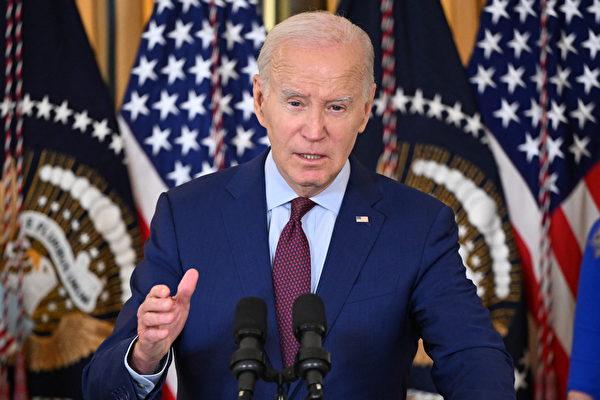To bolster ties with countries in Asia and address mutual concerns over the growing influence of the Chinese Communist Party (CCP), President Joe Biden will embark on a state visit to Vietnam in September. The visit will follow this month’s landmark Camp David trilateral leaders’ summit involving Japan and South Korea, which underscored America’s commitment to keep the CCP’s influence in check across the Indo-Pacific region.
On Aug. 18, President Biden met with Japanese Prime Minister Fumio Kishida and South Korean President Yoon Suk Yeol for the historic summit at Camp David. It marked a significant step forward in cooperative efforts among the three nations, addressing topics that spanned security and economic cooperation. A joint statement issued after the summit notably criticized China’s “dangerous and aggressive behavior” in the South China Sea, emphasizing the vital importance of peace and stability in the Taiwan Strait for global security and prosperity.





